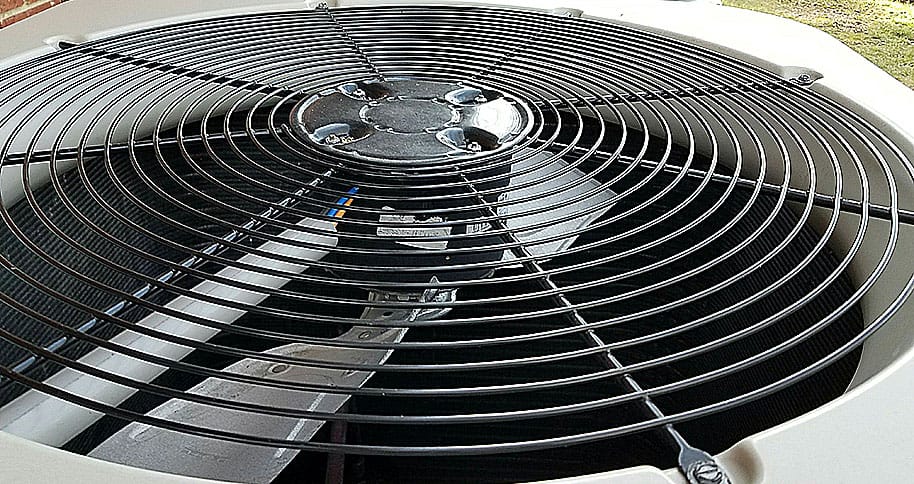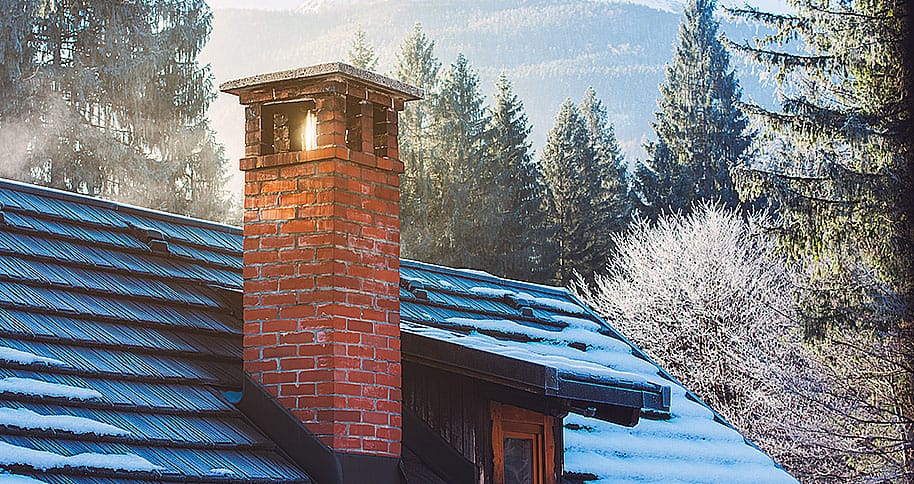Air conditioners are efficient and effective machines that ensure maximum output utilizing as little electricity as possible. Modern air conditioners tend to come with impressive SEER ratings but some complications can cause the unit to utilize more electricity than usual by not allowing it to shut down. There are several reasons why your air conditioner might be running consistently without shutting off and you should hire an HVAC repair service to investigate the issue. Follow below for some potential reasons of an HVAC not turning off along with troubleshooting tips to help you fix the problem in no time.
Relay Switch And Other Electrical Issues
An air conditioner consists of several electronic components that work together to perform cooling and heating functions. If any of these components were to malfunction, the entire unit would face complications while performing. Plus, an air conditioning unit combines both major and minor components.
Even a small component like a relay switch can prevent the air conditioner from shutting down. You need to keep in mind that electronic components communicate with each other via signals. If a component fails to respond, the other component will act accordingly as well.
In such cases, the homeowners assume the entire unit is at fault whereas the issue lies in a small component. So, if there is some electronic issue with the air conditioner, it might be that some component is not communicating properly with the unit and letting it shut down.
This could be a slightly complicated situation to diagnose as the unit will need a thorough checkup. It will be better if you consult an expert who can perform a proper inspection of the components that might be causing problems.
Faulty Thermostat
A thermostat might appear as a simple and small component but it plays such an important role that the entire unit relies on its readings to adjust the temperature. Although thermostats tend to last long, since they are electrical components as well, they can run into problems.
A thermostat records the outside temperature and communicates it with the unit, which adjusts the temperature accordingly. Modern air conditioning units come with climate control features that do not require any manual adjustment. Instead, the unit automatically adjusts the temperature by keeping a record of the humidity, moisture, and other external factors.
So, if the thermostat happens to malfunction, the unit will be tricked into thinking that it needs to continue to run to achieve the desired temperature. If the unit was recently serviced, it could be due to calibration issues. This issue is not that difficult to deal with as you can consult an expert to recalibrate the thermostat.
However, if you have installed an aftermarket thermostat, you might need to replace its batteries. If replacing the batteries doesn’t work, you will need to replace the thermostat. Unfortunately, there is not much you can do about faulty thermostats as they cannot be repaired.
On the other hand, you should also make sure the settings are correct. It might be that someone accidentally adjusted the settings which is preventing the unit from shutting down. If the adjusted temperature is too low or high for the unit to achieve, it will take some time to do so.
But this will require the unit to run for hours. This does not mean the unit is problematic as it is simply trying to achieve the desired temperature. However, it will consume a lot more electricity than usual.
Dirty Coils
The air conditioning system consists of evaporator and condenser coils. Both types are directly involved with the cooling and heating functions. The unit produces and exhales heat as a byproduct of the cooling process. This heat is dispersed by the coils, allowing the unit to maintain its temperature.
But these coils are located in the outdoor unit. This means dirt, dust, and debris will most probably end up inside the unit and result in accumulation. These accumulations make heat dispersion difficult. As a result, the unit might be confused into thinking that it needs to run.
Eventually, the temperature increased to the point where the coils malfunction. This is why it is important to keep a check on the unit in terms of inspection and maintenance and clean the HVAC coils.
Unfortunately, once the coils have malfunctioned, you will need to replace them. But it is a lot easier to prevent such situations from taking place than replacing the components. So, make sure to schedule professional maintenance annually.
Frozen Evaporator Coils
Freezing temperatures can cause the coils to ice up. Although modern air conditioning units come with a defrost function that automatically activates as soon as it detects ice buildup, sometimes, you might have to remove the ice manually.
Frozen evaporator coils will prevent the unit from shutting down as it will fight and struggle to defrost. In such a case, you should shut down the unit and wait for some ice to melt or you can remove it using a shovel. If nothing works, consult AC repair services Stony Brook.
Low Refrigerant Levels
Air conditioners are charged with specific refrigerant volumes to ensure appropriate cooling and comfortable indoor temperatures. If the air conditioner happens to leak, the refrigerant will leak as well and trick the compressor into working harder than usual.
The compressor is an essential part of HVAC unit. Without it, the unit can’t make the refrigerant to flow through the coils and can’t cool or warm your house.
Plus, low refrigerant can damage the compressor and it is one of the most costly parts of an HVAC system. This is another reason why you should get your unit professionally inspected and maintained every once in a while. And if the compressor is malfunctioning and your unit is old, you should replace your HVAC unit.
So, ensuring proper refrigerant level goes a long way in terms of keeping the unit running without major complications. Otherwise, the unit will keep running or tripping frequently as it struggles to achieve the desired temperature.
Fan Speed Too Low
The fan speed should be enough that the AC can cool the house in sufficient amount of time. If the fan speed is set too low, there will not be enough air circulation for the HVAC to reach the required temperature so the AC will keep running and won’t shut off.
The AC Is Too Small
If the HVAC unit is too small for the space, it won’t have the ability to cool the entire place and achieve the temperature you have set. Therefore, the unit will run constantly.
Does Professional Maintenance Help Avoid Such Issues?
Many people believe that professional maintenance is just an expense until the unit runs into a problem. The issue with this mindset is that by that time, you might have to pay a lot more to get the unit running back to normal. But, if you were to invest in professional maintenance, you get to keep these problems at bay.
This is why it is recommended to schedule HVAC maintenance once or twice a year depending on the usage frequency.
Conclusion
Your air conditioner not shutting off can both be easy and complicated to fix. Instead of experimenting and playing around with the components, you should check the basics including the air filter, circuit breaker, and all that, but you should only rely on air conditioner repair services Smithtown to spot and fix HVAC issues.


